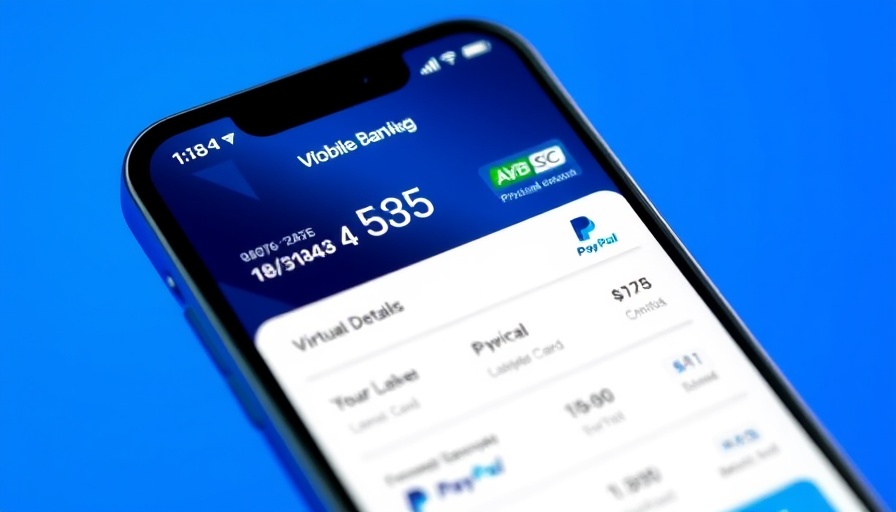
The Future of Global Payments for Nigerians
In an increasingly interconnected world, many Nigerians are exploring new avenues for employment, from remote jobs to freelancing opportunities. However, a significant barrier remains: access to dollar accounts necessary for receiving global payments. Enter GrabrFi, a fintech solution set to transform how Nigerians engage with international financial systems.
Empowering Local Users with Global Banking
GrabrFi enables Nigerians to open U.S. checking accounts without the constraints of U.S. residency. This means users can seamlessly receive payments in USD, safeguarding against the devaluation of the naira. By offering services that diminish traditional banking frustrations—such as high fees and tedious paperwork—GrabrFi aligns with the needs of modern Nigerians looking to thrive in the digital economy.
A Cost-Effective Solution for Payment Transfers
The remittance market can be cutthroat, but GrabrFi distinguishes itself by eliminating hidden fees. Users can receive payments from various platforms—like Upwork and PayPal—directly into their GrabrFi accounts. With its transparent fee structure and the convenience of a Mastercard debit card, spending internationally becomes effortless.
Security and Compliance: The Backbone of Trust
Operating in partnership with Regent Bank, a member of the FDIC, GrabrFi ensures its services adhere to U.S. banking regulations. This emphasis on compliance not only enhances user trust but also provides peace of mind to those entering the global financial arena.
Why GrabrFi Matters for the Tech Ecosystem
For tech entrepreneurs and startups in Africa, GrabrFi offers a necessary bridge to the international market. As fintech solutions proliferate, they are reshaping the African entrepreneurial landscape, allowing local talents to engage globally without the traditional hurdles. This opens doors not just for individuals but for burgeoning tech-centered economies.
Join the Digital Transformation in Africa
GrabrFi is more than just a banking service; it represents a pivotal moment in the digital transformation of Africa. By addressing the challenges of financial inclusion, GrabrFi is enabling a new generation of innovators and entrepreneurs to participate in the global economy.
With technologies like GrabrFi leading the way, Africa stands at the forefront of a financial revolution. Embrace these innovations and stay informed about the powerful changes reshaping our continent's future.
 Add Row
Add Row  Add
Add 


Write A Comment